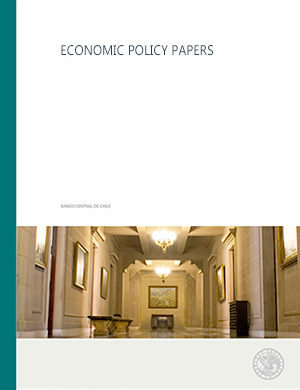Economic Policy Papers N° 36: The Role of Central Banks after the Financial Crisis
Publications
Economic Policy Papers N° 36: The Role of Central Banks after the Financial Crisis
Autor: José De Gregorio
Description
As a response to the recent global financial crisis, we witnessed a period of unprecedented central bank activism. This situation contrasts with what we experienced during the “great moderation”. This dramatic change has led many observers to discuss reevaluating the role of central banks in the new era. On the one hand, some arguments posit that central banks had forgotten a crucial task in their mandate: financial stability. On the other hand, some arguments point out that central banks were imprudent for thinking that an adequate management of the short run interest rate would suffice for simultaneously promoting financial stability and price stability. This document analyses two crucial elements of this discussion: the new role for central banking after the recent financial crisis and the interaction between price stability and financial stability. I argue that financial fragility played a crucial role in explaining the origin of the crisis and that financial fragility was related to poor regulation more than to monetary policy. From an ex-post perspective the objectives of financial stability and price stability are in general consistent. However, from an ex-ante point of view there are occasions in which these two objectives may not be totally aligned, which reinforces the need for strengthening and broadening the tools of prudential financial regulation.
Economic Policy Papers N° 36: The Role of Central Banks after the Financial Crisis
Boxes and graphics

